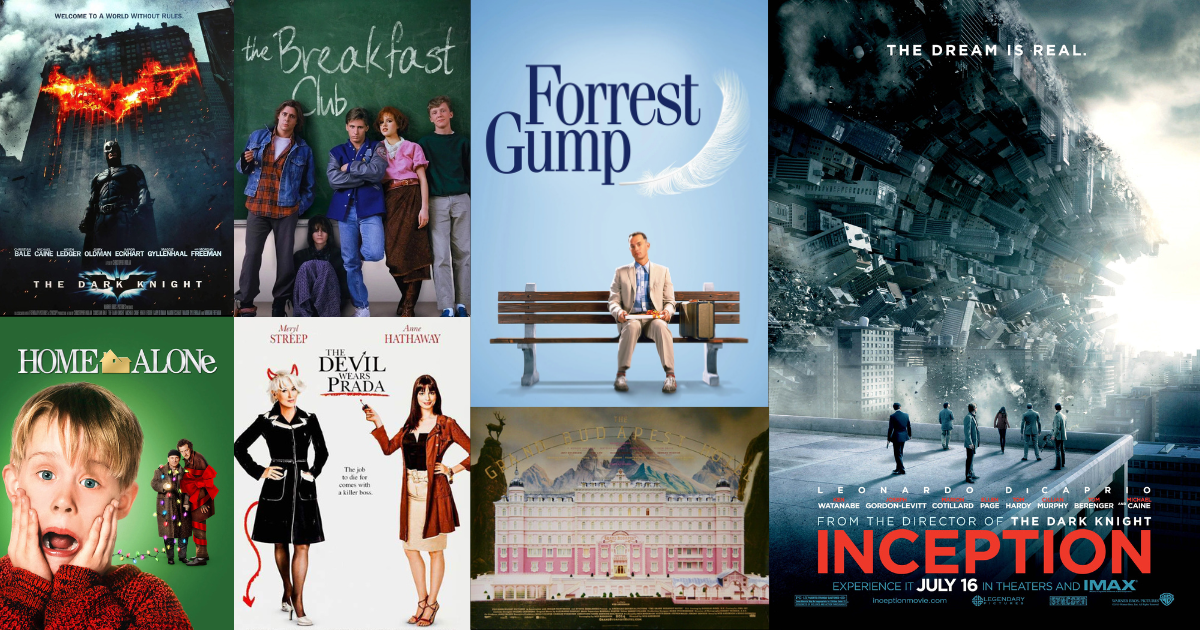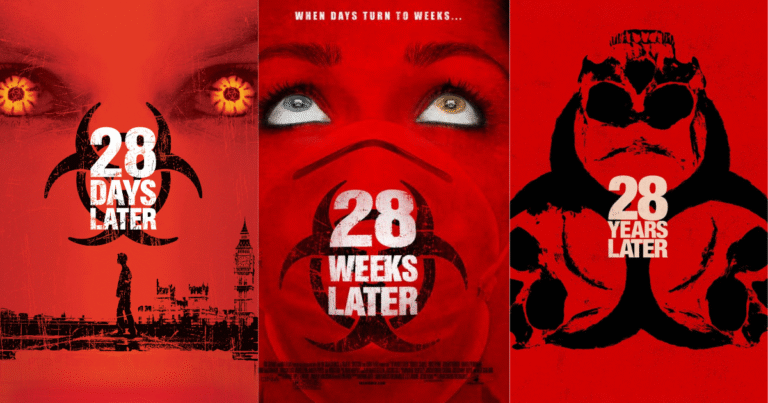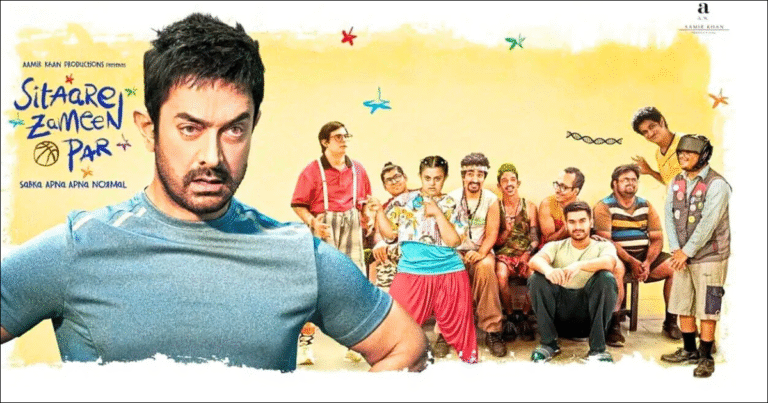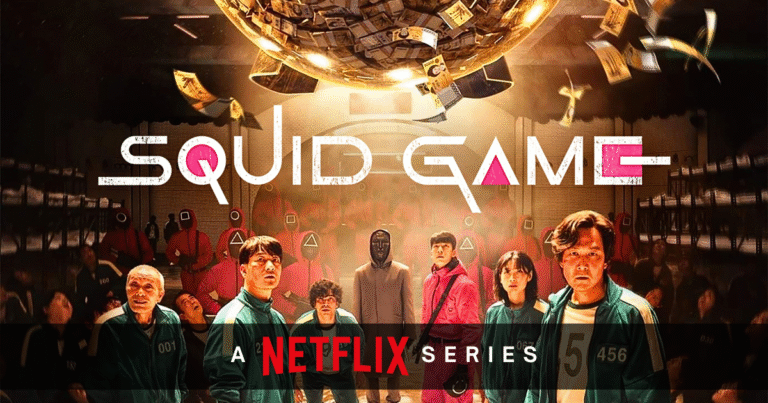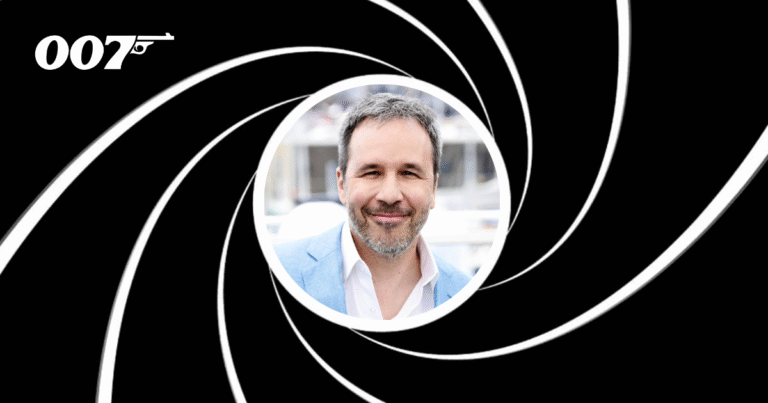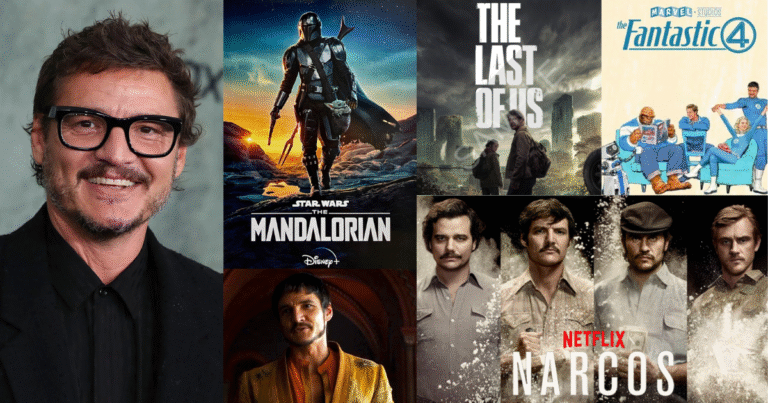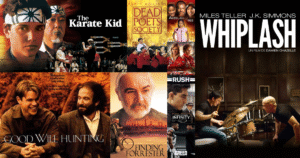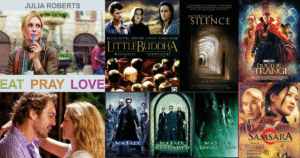We all have that one movie, maybe five, that we keep going back to. It might be a childhood favorite, a rom-com that makes you feel good, or even an action flick you’ve seen a dozen times. You know every twist, every line, every ending. And yet, when you’re stressed, bored, or just need comfort, you hit play again.
So why do we rewatch movies we already know so well? What’s going on in our brains that makes this feel so satisfying? Let’s dig into the psychology of rewatching and why it’s more meaningful than it seems.
Rewatching Is About Comfort, Not Surprise
At its core, rewatching is about emotional safety. Life can be unpredictable, but when you rewatch a movie, you already know how it ends. There are no surprises, no cliffhangers. You’re not holding your breath to see what happens, you’re watching because you already know what happens.
And that’s incredibly comforting. For your brain, it’s like curling up with a blanket you’ve had since childhood. It provides structure, familiarity, and a sense of control, especially when life feels anything but predictable.
Nostalgia Plays a Big Role
Ever rewatched a movie just to feel like you’re back in high school? Or to remember a time when things felt simpler? That’s nostalgia at work.
Rewatching movies taps into our emotional memory. The movie itself becomes a time capsule—linked to where you were in life when you first saw it. Watching it again brings back those feelings and memories. It’s not just about the story on screen, it’s about how that story made you feel back then.
Our Brains Actually Enjoy Predictability
Surprise may be fun once in a while, but our brains love patterns. When we rewatch a movie, our brains can relax. There’s no need to focus intensely or figure out the plot. Instead, we can sit back and enjoy the experience without working too hard. This is especially appealing when we’re tired, anxious, or mentally drained.
There’s even a term for it: cognitive ease. It means your brain doesn’t have to process new information, and that’s inherently pleasurable.
Rewatching Helps With Emotional Regulation
Think of rewatching as a form of emotional self-care. You know how a certain movie makes you feel, and you go to it when you need that feeling. Maybe you watch a comedy when you’re feeling low, or a superhero movie when you need a confidence boost. It’s like choosing a playlist based on your mood, except with movies.
Rewatching helps us manage our emotions because it offers reliable, known emotional outcomes. You laugh when you expect to. You cry in the same spots. And somehow, it helps.
We See New Things Every Time
Just because you’ve seen a movie doesn’t mean you’ve really seen it. Good films have layers, tiny details in the background, subtle expressions, lines of dialogue that hit differently now that you’re older. Every rewatch reveals something new.
Plus, you change over time. What felt funny at 18 might feel profound at 35. The same scene can carry a different meaning depending on where you are in life.
So, rewatching is not just about reliving the same story, it’s about experiencing it again as a slightly different person each time.
It Deepens Our Connection to the Characters
When you watch a movie multiple times, the characters start to feel familiar, like old friends. You remember their quirks, the way they talk, their backstories. That connection builds over time, and rewatching strengthens it.
This is especially true for ensemble films or character-driven stories where relationships are at the heart of the narrative. You don’t just watch them, you spend time with them.
Rewatching as a Shared Experience
Some movies aren’t just for you, they’re part of your social life. Maybe you and your best friend rewatch the same rom-com every year. Maybe it’s a family tradition to watch a classic over the holidays. In these cases, the movie becomes part of your personal or shared identity.
Rewatching can also spark great conversations. You already know the plot, so now you can dive deeper: Why did that character make that choice? Was the ending fair? Would we have done the same?
It’s a Safe Way to Feel Big Emotions
Some movies hit hard, but in a way that feels safe. You know it’s going to be sad, but you choose to cry. That control over the emotional experience is powerful. You can engage with deep themes, loss, love, identity, without the shock that often comes with first-time viewing.
That emotional catharsis can be therapeutic. It’s a release, but one you’re prepared for.
Not Just a Guilty Pleasure
There’s sometimes a stigma around rewatching movies, as if we should always be discovering something new. But rewatching isn’t lazy or uncreative. It’s deeply human. It’s about connection, comfort, and even growth.
Sure, there’s value in watching new films. But rewatching isn’t taking anything away, it’s offering something different. A sense of home. A pause. A way to feel something again.
In Summary
We rewatch movies because they make us feel safe, understood, and connected, to ourselves, our past, and the people around us. Whether it’s to revisit a memory, calm our nerves, or just enjoy a story we love, there’s something special about returning to a film that knows us as well as we know it.
So next time someone asks why you’re watching The Devil Wears Prada or The Dark Knight again, you can just smile and say: “Because it makes me feel good.”
And really, that’s reason enough.




